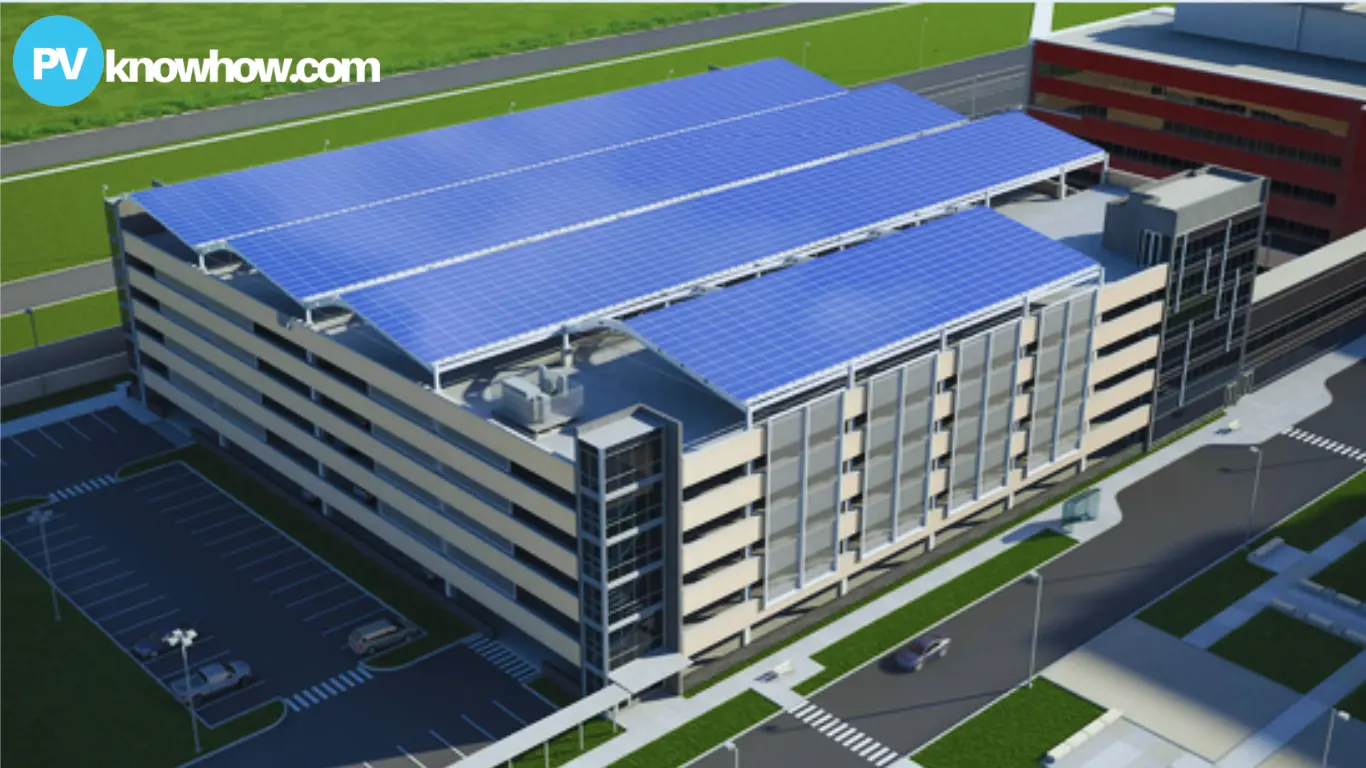Adamawa State has approved the installation of solar electricity in six cottage hospitals to ensure reliable power and improve service delivery. This solar energy project will provide clean and renewable power to hospitals in rural areas where electricity is often unstable.
Solar Electricity: A Game Changer for Health Services
The adoption of solar electricity in health facilities is set to improve service delivery. Solar energy is clean and renewable, and can help the hospitals save on energy costs. It will also ensure a stable power supply in rural areas where electricity is often unreliable.

Solar panel in healthcare (Image Collected)
The approved project involves the installation of 30 KVA hybrid solar systems in hospitals across six local government areas. These areas include Shelleng, Guyuk, Demsa, Lamurde, Gombi, and Furore. Each of these hospitals will soon rely on solar electricity to power their operations.
The solar power project, worth N431 million, was awarded to Blue Camel Energy. The company has two months to complete the installation. Once in place, this new system will enhance the working conditions for medical staff. It will also improve the quality of care patients receive.
Why Solar Electricity is the Right Move
Solar electricity has several advantages over conventional power sources. First, it is environmentally friendly. The sun provides an endless supply of energy. Solar power generation does not release harmful emissions into the atmosphere. This makes it a key player in combating climate change.
Second, solar power is cost-effective in the long run. Once installed, solar panels require minimal maintenance. Hospitals can reduce their energy bills and reinvest those savings into improving their services.
In addition, solar energy offers independence from the national grid. The health facilities in Adamawa State will no longer face the risk of power outages. Solar systems with batteries can store energy for use at night or during cloudy weather. This ensures a steady supply of power 24/7.
Fast-Tracked Energy Projects
The Adamawa State government has shown its commitment to improving infrastructure by fast-tracking this energy project. The solar electricity systems in the hospitals are expected to be installed within two months. This rapid implementation is a testament to the state's focus on progress.
The same meeting saw the approval of other critical projects, such as the construction of two bridges in Shuwa and Hyambula. These bridges will improve transportation and access to vital services in the Madagali Local Government Area. But the highlight of the meeting remains the solar electricity initiative.
The installation of solar power in hospitals is not just an energy solution. It is also an economic boost. The project will create jobs during the installation phase. Local suppliers and technicians will also benefit from the demand for solar components and maintenance.
In the long term, the money saved on energy bills can be funneled into other health initiatives. This can include purchasing new medical equipment or expanding health services. Additionally, by ensuring uninterrupted power, hospitals can operate efficiently, thereby attracting more patients and boosting local economies.
A Model for Other States
Adamawa State’s bold step towards solar energy could serve as a model for other states in Nigeria. With the challenges of unreliable electricity plaguing many rural areas, solar power presents a viable solution. Solar electricity can help hospitals, schools, and other public institutions operate without interruption.
Nigeria enjoys abundant sunlight, making solar power a logical and accessible energy source. By investing in solar electricity, other states can follow Adamawa’s lead in addressing energy shortfalls while also reducing their carbon footprint.
The decision by Adamawa State to install solar electricity in six hospitals marks a crucial step in addressing the state's energy challenges. The project — valued at over N431 million — promises to bring reliable and clean power to health facilities in rural areas. This move not only improves healthcare services but also sets the state on a path toward energy sustainability.
